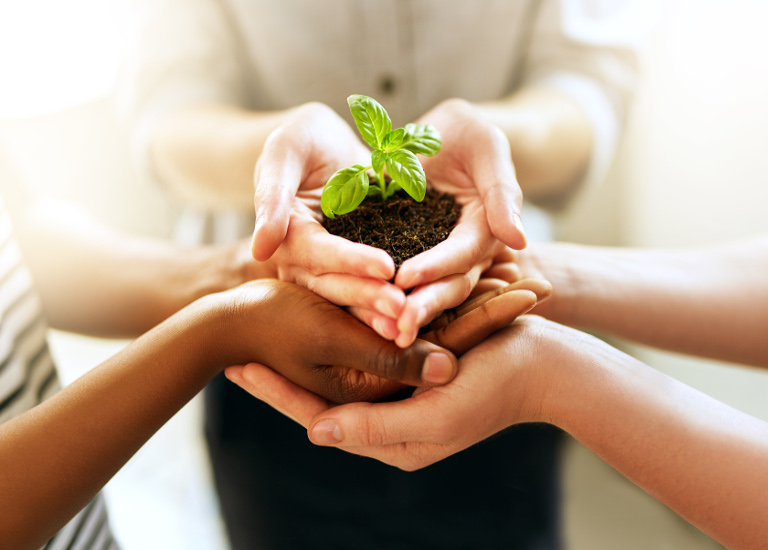Social Responsibility

OUR vision at Balfour:
To empower pupils to acquire, demonstrate, articulate and value knowledge and skills that will support them, as life-long learners, to participate in and contribute to the global world.
Global sustainability and social responsibility is at the heart of everything we do:
‘Today we seem to value what we are told to measure, rather than measuring what we truly value.’
Most people agree that happy, fulfilling lives, stable and caring communities and protecting the planet for future generations all fall into this category of ‘what we truly value’, and yet far too little time is allocated to these areas in education today. This whole area of education is about ethical living and sustainable futures, developing a social understanding and a social conscience for the benefit of local and global communities. The world is changing at a phenomenal rate and education needs to respond effectively to prepare our pupils for the world of tomorrow. These global changes represent an opportunity to bring greater security, equity and well-being for all mankind, or they may deepen the divides, increase the risks of geopolitical instability and undermine the planets human carrying capacity at an ever-increasing rate.
Human beings are living completely unsustainably. To recognise the problems which have been created and develop a ‘change mindset’ amongst young people, they not only have to be taught about the problems, but they also need to engage emotionally and physically in the alternative models for living. For many years, social, environmental and economic observers have agreed that the way in which the human race is living cannot continue without serious ramifications. Human beings currently use more than 150% of what planet earth can provide on an annual basis, meaning that essential ecosystem services, (the systems which give us enough food, water, stable climates, raw materials etc.), are in decline on an accelerating basis. A very significant, but unseen consequence of our consumption is that as the wealthy get richer, the poor become poorer. Therefore, ethical issues must also be considered. Unless dealt with, tensions around global inequalities, mass migration and geopolitical instabilities will inevitably increase.
The following three key misconceptions drive this damaging system - also impacting upon social stability and personal well-being - and therefore these misconceptions are fundamentally what must be addressed through education.
The social misconception - ‘Having more money, and more possessions - (beyond meeting basic human needs and conveniences) - makes for a happier life.’
The economic misconception - The assumption that we can continue to grow global economies indefinitely - we can’t!
The environmental misconception - We live on an infinite planet, with unlimited resources – we don’t!
To change behaviour, you have to first change people's thinking. The current misconceptions, guiding the thinking in developed world economies, exacerbate inequalities across the planet, creating geopolitical instability and accelerating environmental degradation. Not only this, but this thinking creates an illusion of consumption-based satisfaction, driving values which only worsen these global problems, but do not deliver the sense of personal well-being that developed world consumers desire. Young people need to recognise these three key 'misconceptions' which underpin the damaging patterns of thinking, and they need to believe that change is both essential and that they can individually make a difference. For those who will lead, they need to recognise their role in moulding new economic practices which will become their responsibility as they take up positions in business, commerce and governance in the coming years.
Through our personal development and subject curriculums, we intertwine the education of social responsibility. The curriculum covers seven strands of learning:
- Ethical Trading
- Fulfilled Lives
- Ecosystems
- Climate Change
- Water Scarcity
- Biodiversity
- Finite Planet
I recommend watching David Attenborough's most recent film 'A LIFE ON OUR PLANET'
